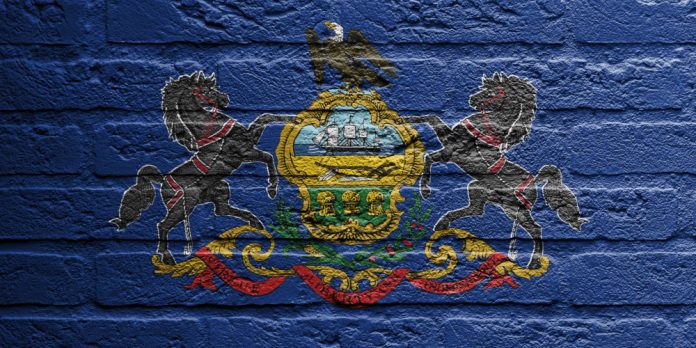Bragg Gaming Group has announced that it has been approved by the Pennsylvania Gaming Control Board (PGCB) to participate in the Keystone State’s igaming market.
With the PGCB’s approval, Bragg can now complete its previously announced acquisition of Spin Games LLC, a Nevada-based gaming technology and content provider, which is expected to close before the end of this month.
Yaniv Spielberg, Chief Strategy Officer for Bragg, stated: “We appreciate the PGCB’s staff members’ diligence in reviewing our license application and thank them for the approval to enter Pennsylvania’s igaming market. Reflecting this license approval, we look forward to completing our acquisition of Spin Games in the next few weeks.”
Spin Games holds licenses in several igaming-regulated US states including New Jersey, Pennsylvania, Michigan, and Connecticut, supplying tier-one operators in these markets.
“Since announcing the planned acquisition, we have worked closely with the Spin Games team to complete the technical integration between our Remote Game Server (RGS) and their technology platform and as a result, we are ready to begin operating in several US markets very quickly following the completion of the acquisition later this month,” Spielberg continued.
“We expect the Spin Games and our RGS combined offering will deliver the benefits of our advanced player engagement, data tools, and platform technology alongside Spin Games’ US market content and operator relationships, providing for a differentiated and widely distributed igaming product offering.”
Earlier this month, Spielberg lauded the ‘momentum’ and ‘strong growth’ Bragg made in Q1, stemming from igaming’s market expansion.
Publishing its first-quarter results for the period ending March 31, Bragg reported record revenue figures of $20.5m, up 36.4% year-on-year. This was primarily due to ‘significant customer growth, market expansion, and Proprietary Games Development Initiatives’.













